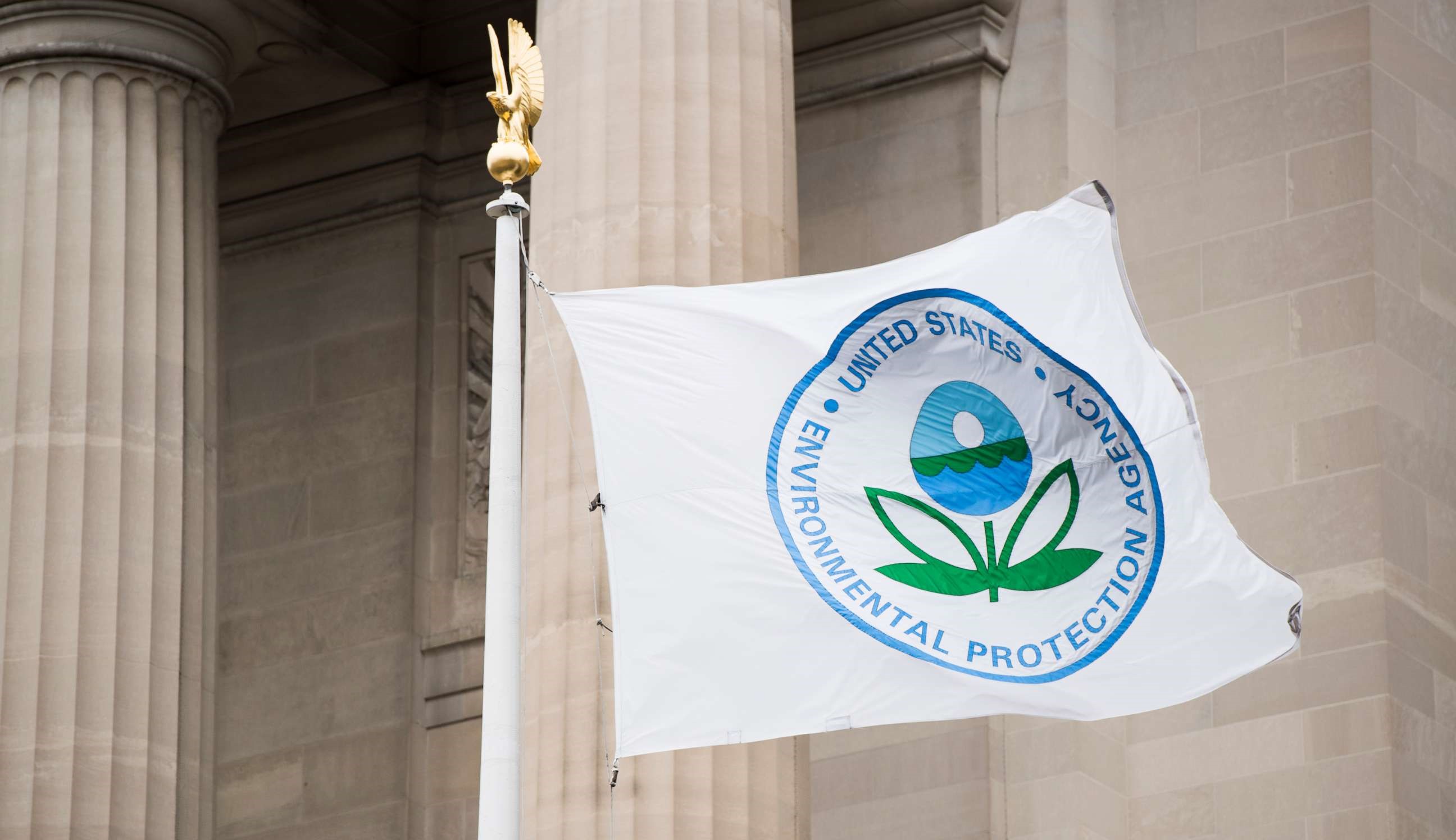Navigating Dual Compliance: IFRS and EFRAG Release Guide for Harmonizing ISSB and CSRD Sustainability Reporting Standards

On May 2, 2024, the IFRS Foundation and the European Financial Reporting Advisory Group (EFRAG) announced the release of the ESRS-ISSB standards interoperability guidance. This document highlights the strong alignment between the sustainability reporting standards recently issued by the International Sustainability Standards Board (ISSB) and the European Sustainability Reporting Standards (ESRS).
This collaboration aims to streamline sustainability reporting for companies, providing clarity on how the ISSB and ESRS standards complement each other. By offering guidance on areas of convergence, the document enables organizations to navigate the reporting landscape more effectively, ensuring transparency and accountability.
This initiative not only promotes consistency in sustainability reporting but also sets a precedent for global harmonization efforts. As businesses increasingly prioritize ESG considerations, interoperability guidance becomes invaluable in facilitating a unified approach to sustainability reporting.
The newly released guidance also offers assistance to companies aiming to adhere to both sets of sustainability reporting standards. As these standards are poised to become mandatory for tens of thousands of companies in the coming years, many organizations may find themselves obligated or inclined to comply with both sets of standards. This support within the guidance ensures that companies can navigate the dual compliance requirements efficiently, paving the way for seamless integration of sustainability reporting into their operations.
The ISSB made its debut in November 2021 during the COP26 climate conference, with a mission to craft IFRS Sustainability Disclosure Standards. In a significant stride towards this goal, the IFRS Foundation introduced the inaugural general sustainability standard (IFRS S1) and climate reporting standard (IFRS S2) in June 2023.
Just a month later, in July, IOSCO, a key international policy forum and standards setter for securities regulators, issued a call to action for regulators to integrate these standards into their sustainability reporting regulatory frameworks. This rapid adoption and endorsement underscore the growing momentum behind standardized sustainability reporting and its pivotal role in global financial markets.
The European Sustainability Reporting Standards (ESRS), developed by EFRAG and formally endorsed by the European Commission in 2023, establish the guidelines and criteria for companies to disclose sustainability-related impacts, opportunities, and risks in accordance with the EU's Corporate Sustainable Reporting Directive (CSRD).
This directive, which came into effect for certain companies at the onset of 2024, marks a significant expansion in the scope of sustainability disclosures, encompassing over 50,000 companies compared to the previous 12,000. Moreover, the CSRD introduces more comprehensive reporting requirements, mandating detailed disclosures on company impacts concerning the environment, human rights, social standards, and sustainability-related risks.
In due course, the CSRD will extend its reach to encompass numerous large non-EU enterprises operating within the EU's jurisdiction, further bolstering the directive's global impact on sustainability reporting practices. As the CSRD continues to evolve, it serves as a catalyst for heightened transparency and accountability, driving positive change across diverse industries and geographies. Stay tuned as we explore the ongoing implications of the CSRD for businesses and stakeholders worldwide.



